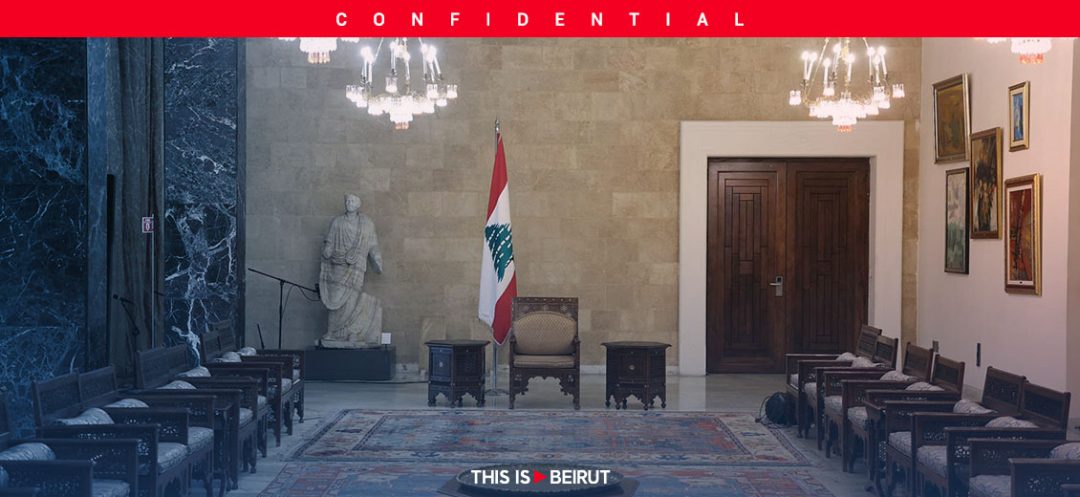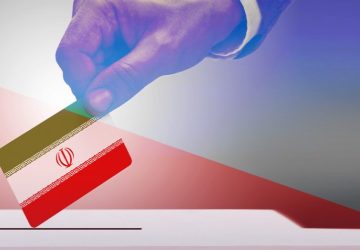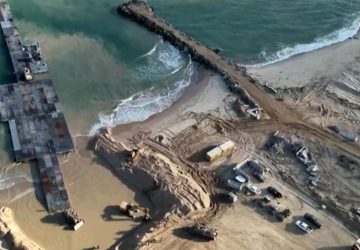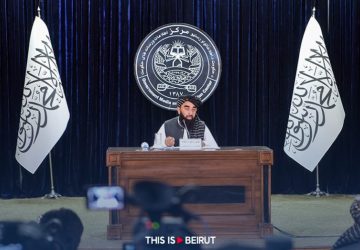According to local sources, Qatari Minister of State for Foreign Affairs Mohammed Khalifeh is expected in Beirut on October 5. He has been mandated by the United States, Saudi Arabia and Egypt to break the deadlock on the presidential election in the light of the discussions held on this subject on the sidelines of the recent United Nations General Assembly held in New York.
The Group of Five (the US, France, Saudi Arabia, Egypt and Qatar), which has taken on the responsibility of tackling the issue of the presidential election, held a meeting in this context in New York to assess the progress made at several levels, in particular by the French presidential envoy, Jean-Yves Le Drian, to facilitate the election of a President of the Republic.
The Emir of Qatar, Sheikh Tamim bin Hamad al-Thani, has warned about “the precarious state of Lebanon’s institutions,” emphasizing the need to put an end to the presidential vacancy. His concerns echo those of the Vatican and France regarding the crisis in Lebanon. According to unconfirmed reports, this issue was even raised during President Emmanuel Macron’s meeting with Pope Francis last weekend during the Holy Father’s visit to Marseille.
In this context, Arab officials have formally denied reports of a planned Doha II conference aimed at breaking the presidential deadlock. The sources in question argue that the factions opposed to the Hezbollah-led axis, as well as more than one member of the Group of Five, are firmly opposed to a Doha II. They maintain that the Doha I Conference held in 2008 in the wake of Hezbollah’s bloody invasion of West Beirut and parts of the Mountain region on May 7, 2008, was designed to undermine the Taif Agreement and disrupt the Islamic-Christian balance of power. The aim was to impose a de facto power-sharing arrangement between Christians, Sunnis and Shiites, with each holding a one-third share.
Differently put, the anti-Hezbollah camp and the Group of Five are thus concerned that Nabih Berri’s “dialogue” proposal could be intended to impose a Doha II in order to further sabotage the foundations of the Taif Agreement.





